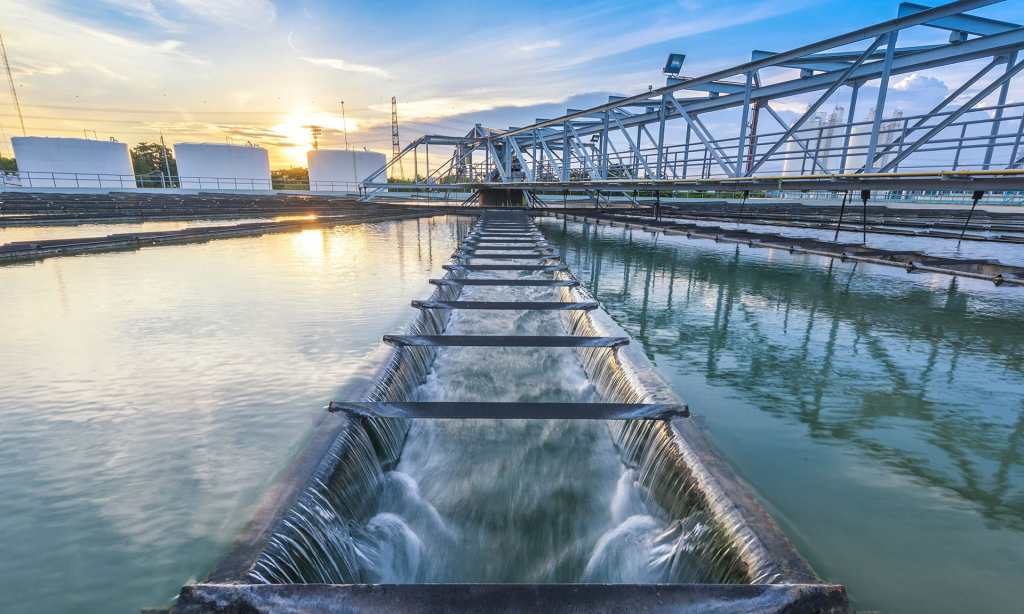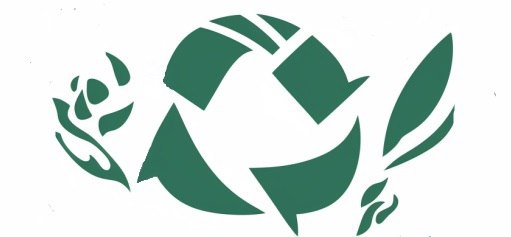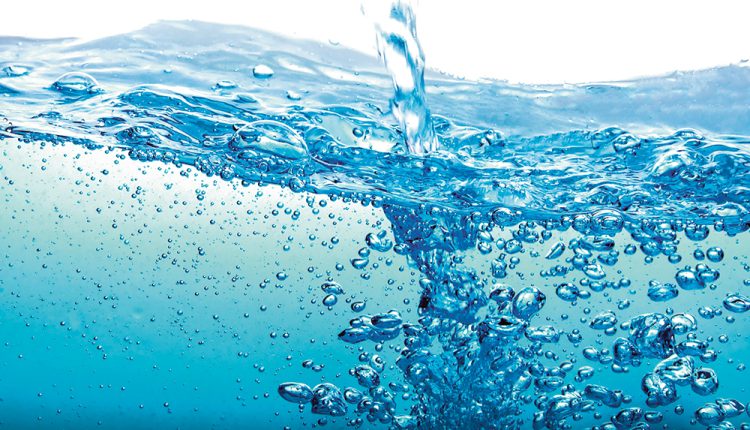- Advertisement -
Water pollution, a pressing environmental challenge, adversely affects ecosystems, human health, and the economy. Stemming from industrial discharge, agricultural runoff, untreated sewage, and plastic waste, it demands immediate and cohesive action. Key strategies include improving wastewater treatment infrastructure, promoting sustainable agricultural practices, regulating industrial discharges, and fostering global cooperation and public awareness.
Upgrading and expanding wastewater treatment facilities are paramount. Many regions lack adequate infrastructure, leading to direct discharge of untreated or inadequately treated wastewater into water bodies. Investing in modern, efficient treatment technologies, such as membrane bioreactors and advanced oxidation processes, can significantly reduce pollutants. Additionally, implementing decentralized systems in remote areas can prevent contamination of pristine water sources.
Sustainable agricultural practices offer a dual benefit of enhancing food security and reducing water pollution. Precision farming, organic agriculture, and integrated pest management minimize the need for synthetic fertilizers and pesticides, thereby diminishing agricultural runoff. Buffer zones along waterways, cover cropping, and conservation tillage are effective in preventing soil erosion and nutrient leaching.

Regulating and monitoring industrial discharges is crucial. Enforcing stricter pollution standards and encouraging industries to adopt cleaner production techniques can mitigate harmful emissions. Pollution taxes and permits, based on the “polluter pays” principle, incentivize businesses to minimize waste. Cleaner technologies, such as closed-loop water systems and zero liquid discharge systems, should be promoted to reduce industrial water pollution.
Addressing the plastic waste crisis requires a multifaceted approach. Implementing strict regulations on plastic production and use, encouraging the development of biodegradable alternatives, and enhancing waste management systems are essential steps. Public campaigns promoting recycling and responsible consumption can significantly reduce plastic litter in aquatic environments.
Community engagement and education play a vital role in combating water pollution. Raising awareness about the sources and impacts of water pollution, and how individuals can contribute to its prevention, fosters a culture of environmental stewardship. Citizen science projects, such as water quality monitoring by local volunteers, can provide valuable data for environmental management and engage the public in conservation efforts.
International cooperation is indispensable for addressing transboundary water pollution issues. Shared water bodies necessitate joint management agreements and collaborative pollution control strategies among neighboring countries. Global conventions and treaties, such as the UN Watercourses Convention, facilitate cooperation on protecting international waters from pollution.
In conclusion, stopping water pollution requires an integrated approach that combines technological, regulatory, and behavioral changes. By investing in wastewater treatment, adopting sustainable practices in agriculture and industry, tackling plastic waste, engaging communities, and fostering international collaboration, significant progress can be made towards preserving water quality. Achieving clean water for all is not only an environmental goal but a prerequisite for sustainable development, public health, and biodiversity conservation. This collective endeavor demands the commitment of governments, industries, communities, and individuals worldwide.

